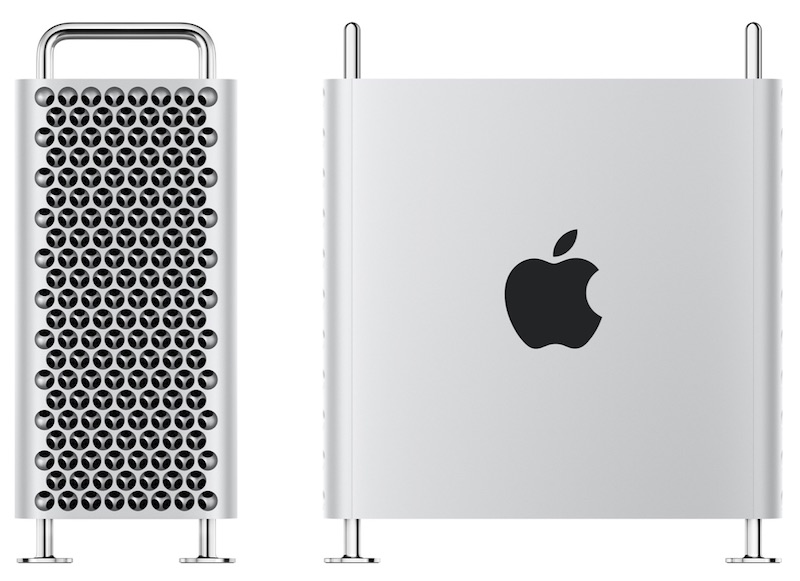Of course I'd buy one, I bought one of the original ones...
But they won't make it. I can't see them making that mistake again, for the 3rd time? (G4 Cube, Trashcan Mac Pro)
I do wonder if well see a redesigned Mini, but not sure they'd do anything drastically different.
But they won't make it. I can't see them making that mistake again, for the 3rd time? (G4 Cube, Trashcan Mac Pro)
I do wonder if well see a redesigned Mini, but not sure they'd do anything drastically different.


